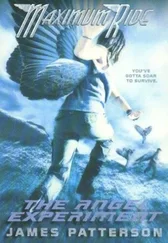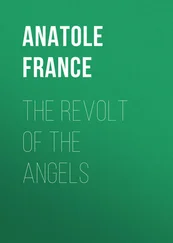“No, Mr. Honda, I have forgotten none of the blessings that were mine in the other world. But I fear I have never heard the name Kiyoaki Matsugae. Don’t you suppose, Mr. Honda, that there never was such a person? You seem convinced that there was; but don’t you suppose that there was no such person from the beginning, anywhere? I couldn’t help thinking so as I listened to you.”
“Why then do we know each other? And the Ayakuras and the Matsugaes must still have family registers.”
“Yes, such documents might solve problems in the other world. But did you really know a person called Kiyoaki? And can you say definitely that the two of us have met before?”
“I came here sixty years ago.”
“Memory is like a phantom mirror. It sometimes shows things too distant to be seen, and sometimes it shows them as if they were here.”
“But if there was no Kiyoaki from the beginning—” Honda was groping through a fog. His meeting here with the Abbess seemed half a dream. He spoke loudly, as if to retrieve the self that receded like traces of breath vanishing from a lacquer tray. “If there was no Kiyoaki, then there was no Isao. There was no Ying Chan, and who knows, perhaps there has been no I.”
For the first time there was strength in her eyes.
“That too is as it is in each heart.”
A long silence ensued. The Abbess clapped gently. The novice appeared and knelt in the doorway.
“Mr. Honda has been kind enough to come all this way. I think he should see the south garden. I will take him there.”
The novice led her by the hand. Honda stood up as if pulled by strings, and followed them through the dark rooms.
The novice slid open a door and led him to the veranda. The wide south garden was before him.
The lawn, with the hills behind it, blazed in the summer sun.
“We have had cuckoos since morning,” said the novice.
The grove beyond the lawn was dominated by maples. A wattled gate led to the hills. Some of the maples were red even now in the summer, flames among the green. Steppingstones were scattered easily over the lawn, and wild carnations bloomed shyly among them. In a corner to the left were a well and a well wheel. A celadon stool on the lawn seemed so hot in the sun that it would surely burn anyone who tried to sit on it. Summer clouds ranged their dizzying shoulders over the green hills.
It was a bright, quiet garden, without striking features. Like a rosary rubbed between the hands, the shrilling of cicadas held sway.
There was no other sound. The garden was empty. He had come, thought Honda, to a place that had no memories, nothing.
The noontide sun of summer flowed over the still garden.
THE END
November 25, 1970 The Sea of Fertility
Footnote
∗ Translator’s note: the code is that used by the Japanese for the Kana syllabary.











